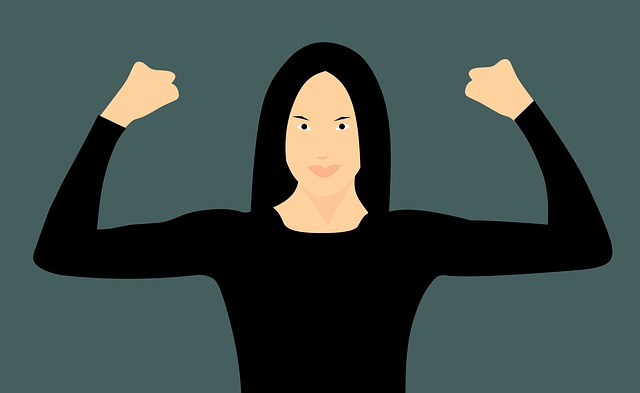 Reading nonverbal cues is not just about understanding psychology or threat detection. It can also help us get a job!
Reading nonverbal cues is not just about understanding psychology or threat detection. It can also help us get a job!
In an exciting 2010 study, Drs. Dana Carney, Amy Cuddy, and Andy Yap discuss the concept of “power posing.” Essentially, this involves using certain postures to appear more powerful. This can lead an interviewer or other interlocutor to see you as more worthy of a job, promotion or other benefit, according this insightful blog. However, Humintell’s Dr. David Matsumoto has a few words of caution.
Fundamentally, this notion of power posturing is related to evolutionary cues, where individual animals and humans seek to demonstrate their power in order to gain a greater share of available resources. Our posture greatly determines both our levels of testosterone but also our stress, both of which help convey, in very subtle ways, an impression of power.
So what is this power posture? According to Dr. Carney’s team, it involves expansive and open postures, such as spreading one’s limbs and otherwise appearing to be larger than one is. This is contrasted sharply with a slumped posture, where the body is constrained in a form of self-defense.
The details of these postures may be intuitively familiar, as many readers will probably notice. When we stand straight with arms wide, or if we lean forward, we feel and evince a sense of power. On the other hand, if we fold arms in the lap to hug our own torsos, there is a sense of meekness and submission.
Dr. Matsumoto cautions us that this does not necessarily work if we are feeling conflicted emotions: “Engaging in such postures or gestures or facial expressions would not necessarily trigger the experience in individuals who already are experiencing an emotion, especially a strong one.”
However, this does not mean that posture cannot amplify or affect our postures. As the aforementioned study explains, our posture can result in different chemical configurations being manifest in our brain. But can this actually help us seem competent and get a job? The answer, according to Dr. Matsumoto, is a little mixed.
On the one hand, there is certainly a lot conveyed through a sense of powerful posture. Not only can it make other people, such as an interviewer for a job, conclude that we are self-confidant, but it can even make us feel more self-assured and competent. This is not to be downplayed.
That said, it does not actually make us competent. Dr. Matsumoto cautions the aspiring power posturer against overreliance on these tactics:
“My advice would be to first gain actual competence in your field. The last thing anyone should want is to look confident and not really be competent. Once one has a certain degree for a lot of competence, adopting certain body postures may help to feel even more confident and powerful … but they’ve got to believe it and be able to back it up with real competence.”
Still, it is good to be aware of the power of postures. As we have noted in previous blogs, certain postures, such as that of triumph, are universal and deeply rooted in our evolutionary roots. When we are trying to read other people, moreover, it is very helpful to be able to read their posture: do they seem anxious? Confident? Powerful?